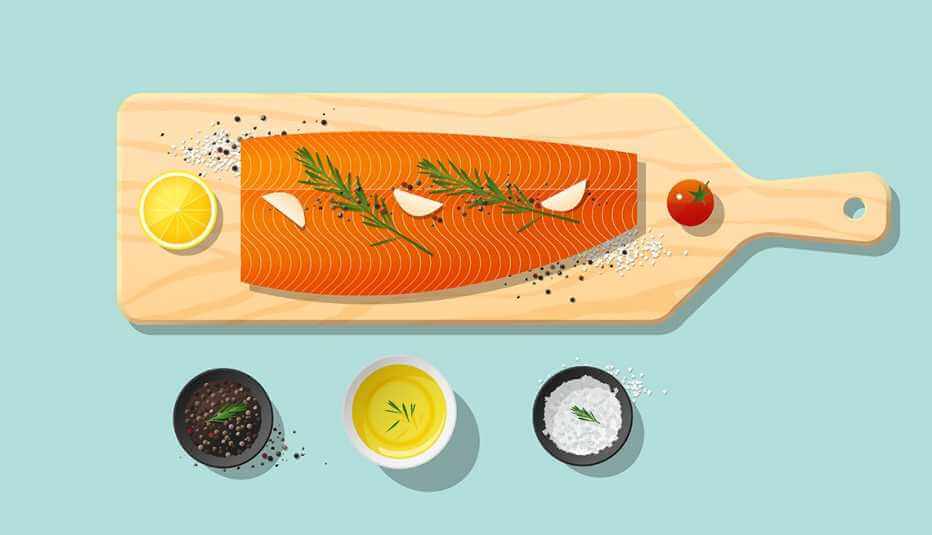
Volunteering at a food bank, mentoring a younger person, treating a friend to a cup of coffee — acts of kindness like these not only can combat isolation and make you feel connected to others but also can have a positive effect on your happiness and well-being.
That’s because doing something for someone else triggers hormones affecting our moods, our stress levels, our brains and even our lifespans. “A growing body of scientific research shows that helping others, including engaging in formal volunteering activities, is related to better health outcomes in later life,” says Jeffrey Burr, professor of gerontology at the University of Massachusetts Boston.
Here are six ways that acts of kindness — large or small — can improve your physical health.
1. Makes you happier
A kind act, whether toward a group, another person or even yourself, boosts some of your hormones, the body’s chemical messengers. “Kindness can have a profound effect on the release of certain hormones,” says Marcie Hall, M.D., a senior attending physician in child and adolescent psychiatry at University Hospitals Cleveland Medical Center.
One of these is oxytocin. Oxytocin is responsible for warm fuzzy feelings of contentment and happiness when we hug someone we love or complete a difficult job. For this reason, it’s sometimes called the “feel-good hormone.”
Another hormone that responds positively to acts of kindness is serotonin. Serotonin, an ingredient of many antidepressants, decreases feelings of anxiety and increases happiness. Being kind also releases endorphins, the body’s natural painkillers. Endorphins affect the brain like drugs do, releasing a so-called “helper’s high,” similar to the runner’s high felt after exercise. In his book The Five Side Effects of Kindness, author David R. Hamilton says kindness produces a “totally legal high.”
2. Lowers blood pressure
Oxytocin has another important function. In a domino-like effect, kindness boosts oxytocin, which releases nitric oxide, a chemical that plays a critical role in maintaining a healthy blood pressure. Nitric oxide counteracts the narrowing of arteries that accompanies aging and disease, improving blood flow through the body and lowering blood pressure. Studies show that healthy levels of nitric oxide can not only help lower chances of heart attack and stroke but also reduce dementia risk. In 2016, researchers at the University of British Columbia and the University of California, Irvine found that financial generosity toward others lowered the blood pressure of the older adults engaged in the study to almost the same degree that starting a new blood pressure medicine would do.
To read about other ways that helping others can have healthy benefits, from AARP, CLICK HERE.






